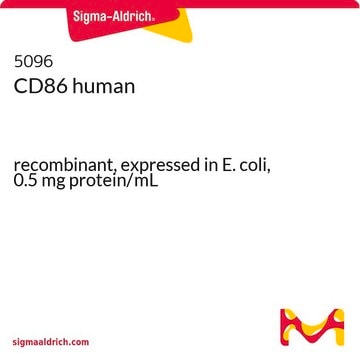MRCF0R100
Filtros de centrífuga de flujo rápido de ADN Microcon®
sample volume 0.5 mL, Ultracel® regenerated cellulose membrane (low binding)
Sinónimos:
Centrifuge concentrator
About This Item
Productos recomendados
Materiales
Ultracel® regenerated cellulose membrane (low binding)
polyacetal base (membrane support)
polycarbonate device top
polypropylene tube (for filtrate/concentrate)
silicone O-ring (medical-grade)
Nivel de calidad
esterilidad
non-sterile
Características
holdup volume> 10 μL
envase
pkg of 100 ea
fabricante / nombre comercial
Microcon®
Parámetros
0.5 mL sample volume
técnicas
DNA purification: suitable
RNA purification: suitable
Longitud
4.50 cm (1.8 in.)
Diámetro
12.3 mm
filtración área
0.32 cm2
volumen de trabajo
0.5 mL
Condiciones de envío
ambient
Categorías relacionadas
Descripción general
Aplicación
Características y beneficios
- gran recuperación de volúmenes pequeños con espín inverso
- membrana Ultracel® de baja adsorción
- procesamiento rápido
- factores de concentración de rendimiento <X20 para una reproducibilidad uniforme
Ligadura / enlace
Información legal
Certificados de análisis (COA)
Busque Certificados de análisis (COA) introduciendo el número de lote del producto. Los números de lote se encuentran en la etiqueta del producto después de las palabras «Lot» o «Batch»
¿Ya tiene este producto?
Encuentre la documentación para los productos que ha comprado recientemente en la Biblioteca de documentos.
Contenido relacionado
Microcon® Centrifugal Filters simply and efficiently concentrate and desalt solutions of DNA, RNA, protein or other macromolecules, using any centrifuge that can accept 1.5 mL tubes.
Nuestro equipo de científicos tiene experiencia en todas las áreas de investigación: Ciencias de la vida, Ciencia de los materiales, Síntesis química, Cromatografía, Analítica y muchas otras.
Póngase en contacto con el Servicio técnico
![[MTC"] Bio Tube Rack to hold, 30 x 15 mL and 20 x 50 mL tubes, orange, pack of 5 ea](/deepweb/assets/sigmaaldrich/product/images/432/511/7cee7bd9-30da-4244-94ce-fae01047f4d2/640/7cee7bd9-30da-4244-94ce-fae01047f4d2.jpg)


